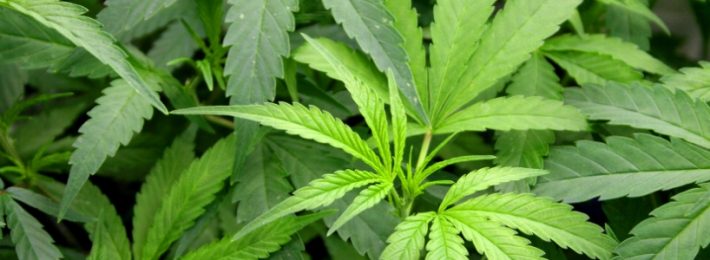Drug Use and a Department of Energy Security Clearance

As we all know, illegal drug use is one of the disqualifiers for being granted a security clearance, but it can be mitigated depending on several factors. Here is a tale of two drug users who applied for a security clearance with the Department of Energy.
Case #1: This applicant was a recent college graduate and served on his university judiciary board, which requires abstinence from illegal drug use in accordance with their “honor code”. He disregarded the honor code and used marijuana six times while on the board, the last time being in 2015. In December 2016 he filled out the national security questionnaire (SF-86) and answered “no” to the question about illegal drug use within the last seven years. A few months later he was interviewed by a background investigator and again failed to disclose his illegal drug use.
During the course of the investigation another source indicated that the applicant had indeed used marijuana in college. This information led to another inquiry in June 2017 by the background investigator and the applicant finally admitted to the drug use. His excuse for not disclosing it on multiple occasions? He thought that the background investigation process was similar to his college experience where it was expected to deny illegal drug use even though it was addressed in the honor code. He also claimed to have consulted a friend of his who was a Federal employee and was told it was quite common not to list marijuana use. Lastly, the applicant stated that he was worried that the DOE would not grant him a clearance if he disclosed the marijuana use.
Case #2: This applicant had previously held a security clearance, was picked up by his current employer for classified work, and submitted a new SF-86 application . On the current application he listed illegal drug use (opioids and amphetamines) spanning the years prior to the time he last held a clearance that were not listed on previous clearance applications in 2009 and 2010. He had also used these drugs more recently in 2014. He voluntarily sought treatment and completed a substance abuse program in 2015 prior to submitting the most recent SF-86. Medical professionals provided a favorable prognosis, other sources provided favorable character references, and the applicant was forthright and honest about this drug use and previous dishonesty, which were attributed to his dependence on illegal substances.
Based on the above information, what do you think the outcome was for each case? Clearance granted or denied?



Case #1 - denied
Case #2 - granted
I would say denied for both. Both cases show intentionally withholding information at one point or another.
Case 1 - The applicant failed to reveal the information. Had he owned up to it in the interview process, the situation may well have been different (in my view). Recommend deny.
Case 2 - The applicant was above-board, with document results of a completed abuse program. Recommend grant.
The first is pretty clear cut . . . Omission isn’t the way to go and the mitigating factors that were attempted are not very convincing.
The second is a more difficult case. While I am almost certain that it was adjudicated in favor of the applicant, I have a problem with his admission and the mitigating factors. Saying, “I omitted my prior drug use because of my prior drug use” doesn’t hold water with me. That simply leads me to believe that he will do the same if he slips back into drug use. I don’t want him on my team.
We’ve all lied before at some point in our lives… The guy came clean, sought out rehabilitation and is obviously leading a better life than before. Perhaps more folks should understand that we as a species are not perfect in any aspect and have some leniency when judging others…
I too would say: denied applicant 1.
He sought out information he claims from a federal employee to deliberately deceive. However, he may get a break based on age and MJ being expected in that time frame. In the undisclosed period he was susceptible to blackmail. Obviously his references dimed him out without a problem.
Declined applicant 2: Candor is a hard one to defend. Putting it in writing where you deny its use…propensity to not follow the rules. At a minimum be required to sign an acknowledgement regarding candor and drug use, but I think it would be a no go on candor.
The outcome of the two cases:
Case #1- the clearance denial was upheld due to the subject’s lack of candor during the investigation process and not being forthcoming until after being confronted by an investigator,
Case #2- the judge opined the subject had mitigated the drug use and that the subject had voluntarily disclosed the information and was forthright and honest in admitting his mistakes; clearance granted,
Good stuff @Marko . I enjoyed this thread.
@marko… maybe I am not clear on the appeal process. Nonetheless, were they first-level judge decisions or “appellate” judge decisions?
Are those first-level judge decisions publicly available? If so, where can we find them?
Administrative judges - no courtroom involved… much like arbitration